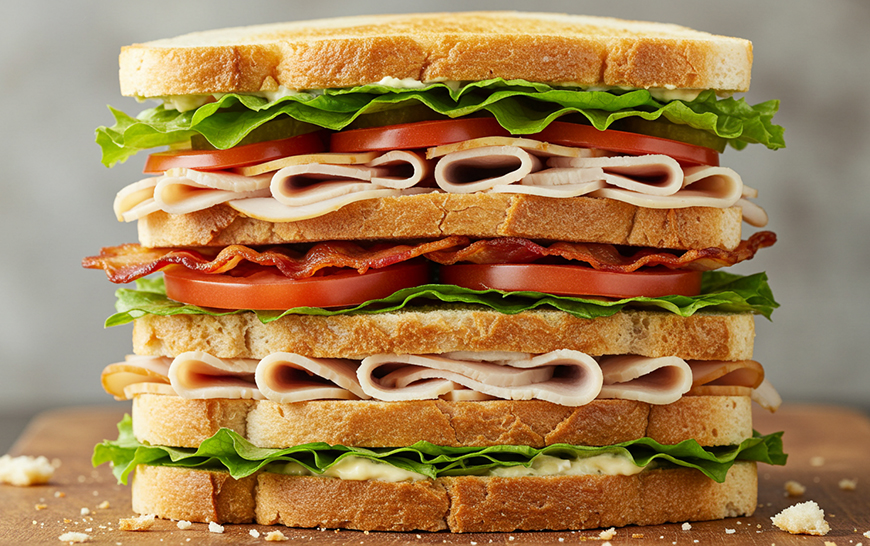We work with our clients on questioning skills for various scenarios, including interviews, panels and fact-finding conversations. One of our top pieces of advice is to ask a single question at a time. This takes discipline. It is surprising how prevalent stacked questions are: not a single question at all, but several questions bundled up together and served all at once.
One Question or Four?
Here’s an example that illustrates the pitfalls of the stacked question. I heard it in the political interview podcast The Rest is Politics: Leading. The interviewee is Gabriel Attal, Prime Minister of France for a few months in 2024. One of the presenters, former government communications chief Alastair Campbell, asks Attal the following:
“Let me ask you this about President Macron. First of all, how would you describe your relationship with him? Have you forgiven him for what he did in calling the snap election? Secondly, do you think Macronism dies when he is no longer president or is there a deeper political philosophy? And I’d also like to just ask you straight out whether you expect and hope to be a candidate in the presidential elections.”
This is a classic stacked question: four quite detailed questions – one open and three closed – bundled up together. It is highly unwieldy, and for several reasons, unlikely to get a good answer.
- Memory Challenge
Campbell is expecting Attal to keep track of the questions as he asks them and then keep all four in his head as he answers them in turn. - Questioner’s Agenda
The way the questions are posed is restrictive rather than expansive. Attal is being invited not to speak freely on the issues but to address them according to a sequence and structure specified by Campbell. The second question is infused with Campbell’s own agenda: it assumes its own premise that calling the snap election was a bad thing to do. - Imprecise
What exactly is Campbell looking for? It’s hard to say. The stacked question is a scattergun approach, with some shots bound to miss the target. - Avoidability
What is Attal’s response? He starts by stating that he is loyal to Macron. It’s a politician’s answer, a fudge that doesn’t answer the actual question, which was about a relationship. Attal gets away with this non-answer because the true question is half-forgotten, buried in the bundle.Next Attal has to ask Campbell to remind him what the second question was. Campbell gives him the prompt “What happens to Macronism?” But that was the third question. Campbell has forgotten his own juicier second question about forgiveness and the snap election! The stacked question has backfired spectacularly, and Attal gets away with another non-answer.
Attal does answer the Macronism question – the most favourable in the stack – but before he can continue to the fourth question, Campbell jumps in with a whole new question about Macron’s popularity.
Conclusion
The best interviewers (and Campbell can be very good) ask a succinct, forensic question that gets to the heart of the issue. They persist with the same question or keep probing until the interviewee has to answer (or blatantly squirm and wriggle). The stacked question is usually ineffective. What is the outcome here? A fudge, some glibness, and two non-answers. We learn little about Gabriel Attal and rather more about Alastair Campbell.
Question excerpted from The Rest Is Politics: Leading: The Next President of France? Gabriel Attal on Macron, Le Pen, and Israel-Iran, 23 Jun 2025, from 44:38.








0 Comments